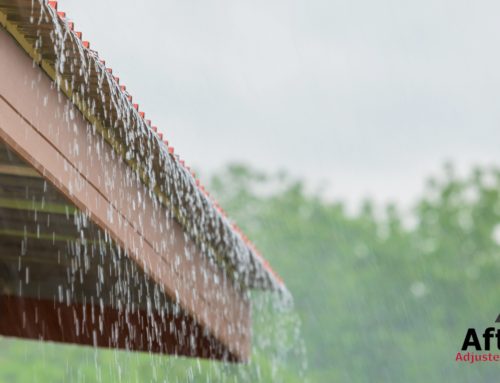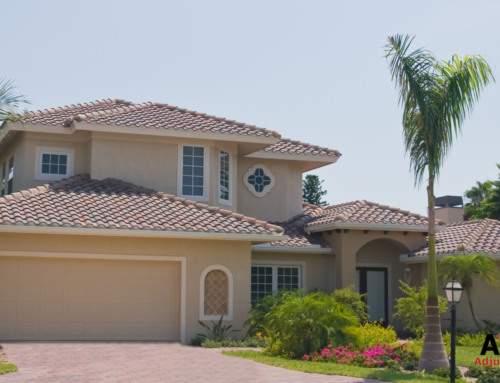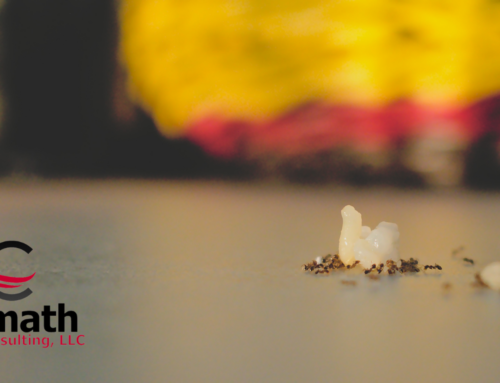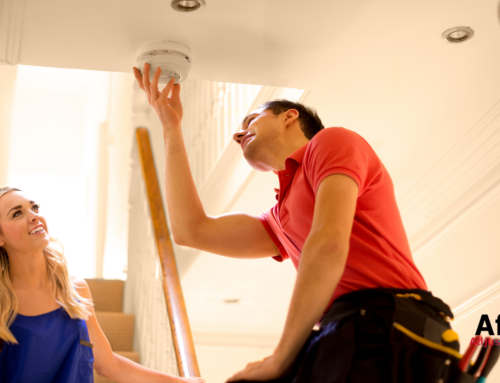There are many ways to protect yourself against water damage and homeowner’s insurance claims. These nine easy tips to help keep your home safe and well-maintained.
1. Clean Gutters and Downspouts
You need to clean your gutters at least twice a year. Standing water can damage your gutters and roof. Unmanaged overflow can create puddles which can damage your foundation. Don’t forget about the downspouts either. They need to be clean, secure, and point away from the house. They ensure that water can flow off the roof into the gutters and to the ground.
2. Maintain Trees and Vegetation
Bushes and shrubs can be very beautiful, except when their roots wrap around and break your pipes. That’s why it’s important to keep minimal landscaping near utility pipes. You might have to remove trees and shrubs that have grown too big.
3. Know Your Water Main
Know where your water main is. You need to be able to shut it off when you leave for extended amounts of time. Faucet drips can’t wreck your home while you’re away if no water is going into the house.
4. Check Appliances Regularly
Check all of your home appliances regularly for leaks. You can maintain them according to the manufacturer’s directions.
5. Investigate Leaks Right Away
If you ignore water damage or postpone making repairs, be prepared for:
- Mold
- Mildew
- Dry rot
- Structural damage to your home
Remember that homeowner’s insurance covers damage that is sudden and accidental. The damage from lack of maintenance, however, is not covered on standard homeowner’s insurance policies.
6. Upgrade Washing Machine Hoses
Old, brittle, or leaky washing machine hoses are one of the most common causes of water loss for homeowners. You should replace yours regularly to help avoid expensive water damage.
7. Install Water Detection Devices
There is a small electronic device that sounds an alarm when its sensor makes contact with moisture. It’s called a water detector. It detects low moisture levels and slow leaks that normally go unnoticed. To prevent water damage, install it near things like:
- Water heaters
- Sump pumps
- Washing machines
- Dishwashers
- Toilets
8. Check Your Water Pressure
Pipes and hoses can fail if the water pressure to your home is set too high. Buy a water pressure gauge at a hardware store and attach it to an outside faucet. Turn the faucet to full force for the gauge to give you a reading of the home’s water pressure.
Residential water systems, normally, are designed for water pressure of 40 to 70 psi. Install a pressure regulator, which can also be found at a hardware store, if your home’s water pressure exceeds 100 psi.
9. Monitor Your Water Bill
Occasionally, the only way you know that water is leaking is looking at your water bill. Notice if your usage jumps significantly from one month to the next for no reason. There is probably a leak if that’s the case. Check your crawlspace and the pipes in your front yard. Don’t leave unknown leaks unattended.
By following these tips, you can prevent a majority of water damage to your home. However, if you’ve already experienced water damage, give Aftermath Adjusters & Consulting a call. Our licensed public adjusters can help you get the highest claim possible based on your insurance policy.









